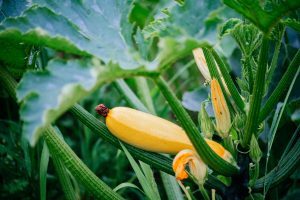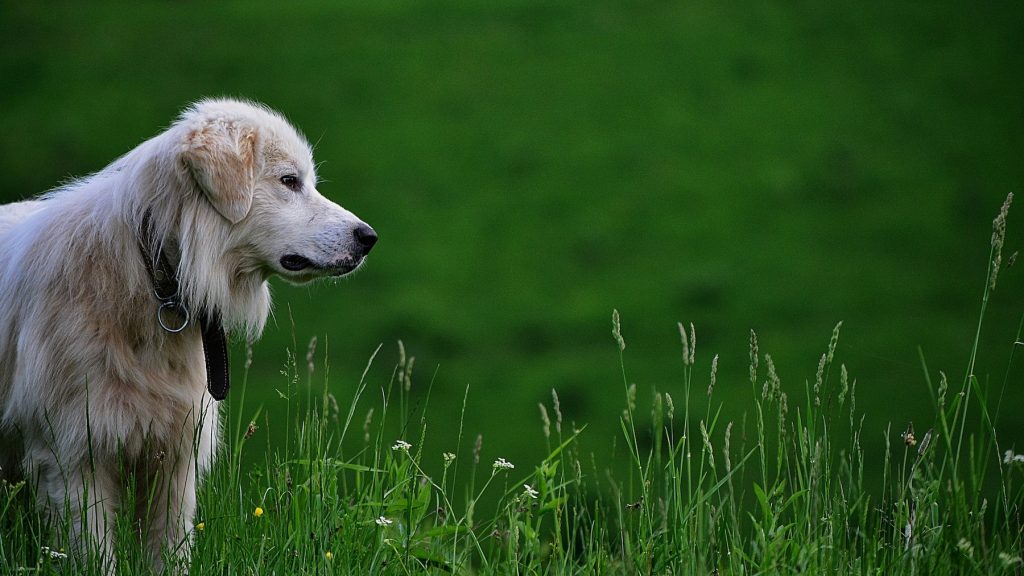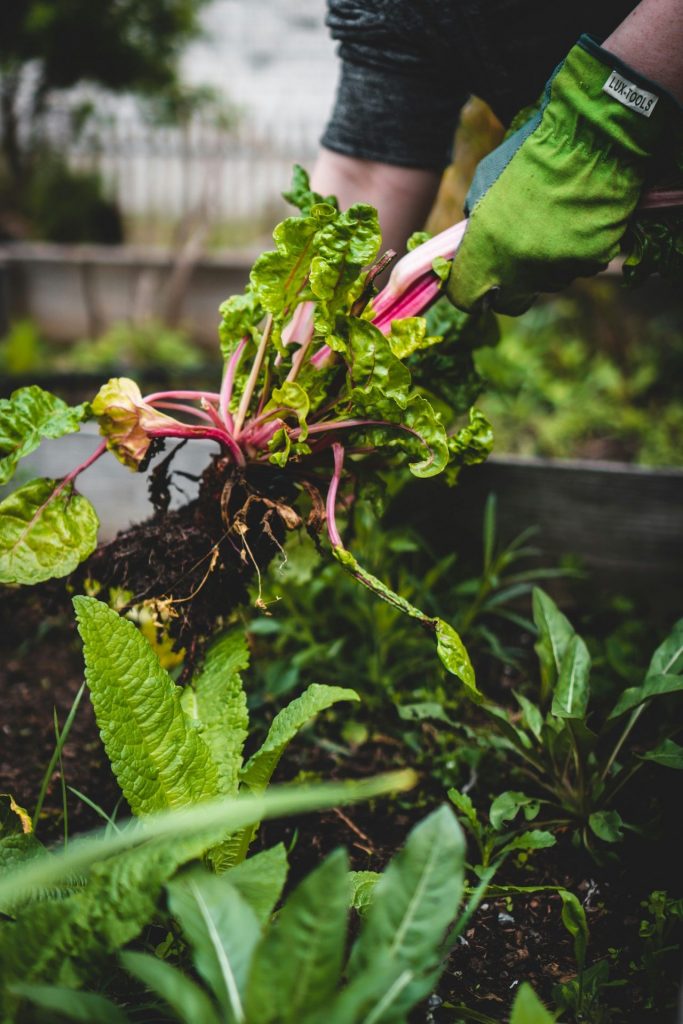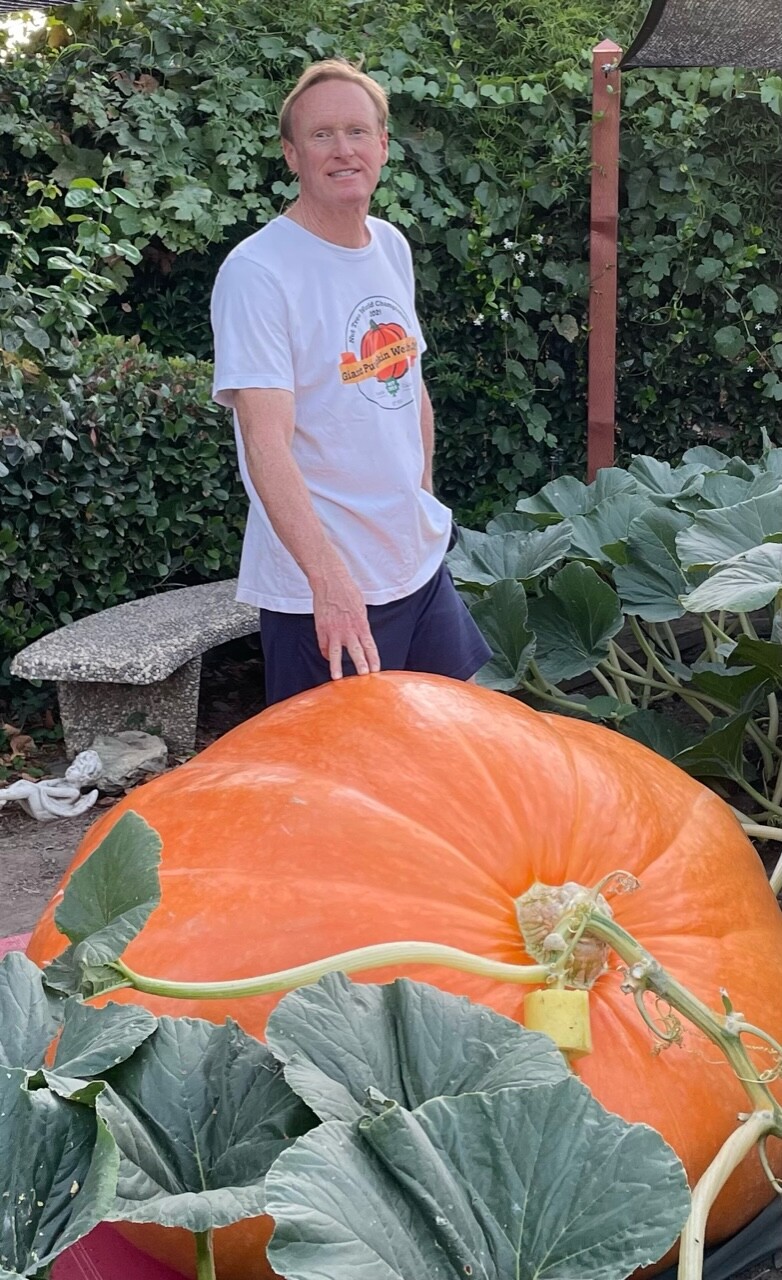A thriving vegetable garden is a testament to the love and care invested in cultivating fresh, nutritious produce. Using the right garden fertilizer is key to achieving a bountiful harvest. However, responsible gardeners should be mindful of the impact fertilizers can have on the environment and pets. In this blog post, we’ll delve into the essentials of vegetable fertilizer and offer insights into safe fertilizer practices for pet owners.
Choosing the Right Garden Fertilizer
Different vegetables have varying nutrient requirements at different growth stages. Before selecting a fertilizer, assess your plants’ specific needs. Common essential nutrients include nitrogen (N), phosphorus (P), and potassium (K).
Consider the benefits of organic and synthetic fertilizers. Organic options from natural sources enhance soil structure and microbial activity. Synthetic fertilizers, on the other hand, provide precise nutrient ratios. Striking a balance between the two can optimize plant growth.

Organic fertilizer is a commendable choice due to its numerous benefits that contribute to both plant health and environmental sustainability. Unlike synthetic alternatives, organic fertilizers are derived from natural sources such as compost, animal manure, and plant residues, ensuring a nutrient-rich blend that promotes soil fertility. These fertilizers release nutrients gradually, fostering steady growth and minimizing the risk of nutrient leaching that can harm the ecosystem.
Additionally, organic fertilizers enhance soil structure and water retention, fostering a balanced and resilient environment for plants. Furthermore, their composition encourages the development of beneficial microbial activity, fostering a symbiotic relationship that supports nutrient absorption by plants. By choosing organic fertilizers, growers not only promote healthier crops but also contribute to the long-term well-being of the soil and surrounding ecosystems, aligning with sustainable agricultural practices.
Slow-release fertilizers release nutrients gradually, providing a sustained supply to plants over an extended period. This reduces the risk of nutrient leaching and minimizes the chance of over-fertilizing.
Conduct regular soil tests to identify nutrient deficiencies and adjust your fertilizer regimen accordingly. This proactive approach ensures that your garden receives nutrients without excess application.
Safe Practices for Pets
Opt for pet-friendly fertilizer that poses minimal risks to your furry companions. Many organic fertilizers, such as compost and well-rotted manure, are safe for pets. Additionally, certain synthetic fertilizers are formulated to be less harmful.
Create physical barriers or designated pet-free zones within your garden to limit direct contact between pets and fertilized areas. Raised beds or fencing can help prevent accidental ingestion or contact with potentially harmful substances.

Apply fertilizers when pets are less likely to roam the garden. After applying fertilizer, water the area thoroughly to minimize the risk of residue on leaves or soil.
Store fertilizers in secure containers that are out of reach of pets. Properly dispose of empty fertilizer bags or containers to prevent pets from chewing or ingesting potentially harmful materials.
The dangers of dogs and fertilizers lie in the potential toxicity of certain chemical ingredients, posing a risk if ingested, leading to adverse health effects such as gastrointestinal upset, lethargy, or more severe complications depending on the fertilizer’s composition. Again, opting for pet-friendly, organic fertilizers is the best choice for gardens with dogs, as these natural alternatives are less likely to contain harmful chemicals, reducing the risk of toxicity and ensuring the safety of furry companions.
Conclusion
A thriving garden results from a harmonious balance between plant care and environmental responsibility. By choosing the right fertilizer for your vegetables and adopting safe practices for pet interaction, you can create a lush, sustainable haven that benefits your plants and furry friends. Knowledge and careful consideration go a long way in fostering a healthy and happy garden ecosystem.
I wrote a book on growing food in your backyard. It is called Backyard Big: Growing Food in Your Backyard, and it provides all the details to grow your own food. Soil information, composting, fruit tree information, vegetables, and a month-by-month schedule of chores and growing tasks. You can find this on Amazon. You must check it out!
I also published Backyard Big: Growing Atlantic Giant Pumpkins in Your Backyard. Also available on Amazon and Barnes & Noble. These big guys don’t taste great, but they can earn you some money.
Check out my blogs about using cow manure compost in your garden and what fertilizer to use.

